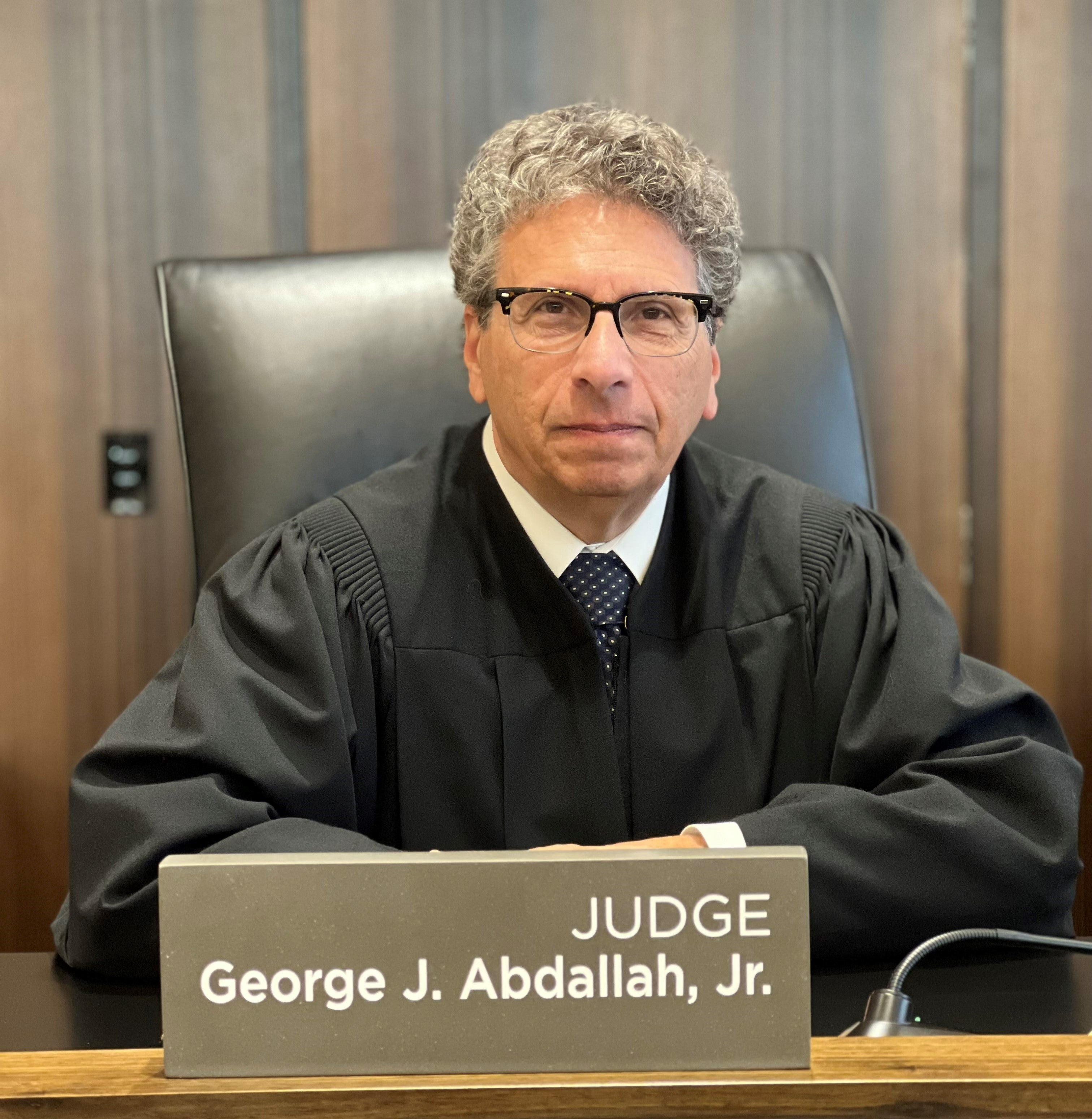News Release
Ethics Committee Issues Advice about Disqualification and Disclosure Obligations for Trial Judges Coaching Youth Sports Teams
The Supreme Court Committee on Judicial Ethics Opinions (CJEO) has issued a formal opinion about the disqualification and disclosure obligations of a trial court judge who coaches a youth sports team that includes a child of an attorney appearing before the judge. A draft version of the formal opinion was posted for public comment on the CJEO website on June 17. (Cal. Rule of Court, rule 9.80(j).) After the comment period closed on Aug. 1, CJEO posted the public comments on its website and considered them in finalizing the opinion for publication.
In CJEO Formal Opinion 2022-019, the committee concludes that a trial court judge who volunteers as a coach for a youth sports team is not required to disqualify when an attorney with a child on the judge’s team appears before the court, unless other facts exist or arise that the judge determines would cause a person aware of the facts to reasonably doubt the judge’s ability to be impartial. If disqualification is not required, the judge must disclose on the record information reasonably relevant to the judge’s decision not to disqualify.
Coaching youth sports may be a fulfilling way for judges
to be active in their communities. Judges who take on coaching roles can feel confident that this opinion provides guidance about their disqualification and disclosure obligations when the youth sports team includes the child of an attorney who appears before the court,” said committee member Judge George Abdallah.
About the Committee on Judicial Ethics Opinions (CJEO)
The Committee on Judicial Ethics Opinions is a 12-member advisory committee that includes appellate justices, trial court judges, a retired judge, and a commissioner. The committee is appointed and authorized by the California Supreme Court, but its work is independent of the court, the Judicial Council, and all other entities. Its opinions are advisory and do not necessarily reflect the views of the California Supreme Court or any other entity.
The committee issues formal, informal, and expedited advisory opinions on proper judicial conduct pursuant to the California Code of Judicial Ethics and other authorities. CJEO recently updated its website where it posts its advisory opinions, offers resources dedicated to specific judicial assignments and issues, and provides extensive judicial ethics tools and resource materials for the benefit of the bench and the public.
